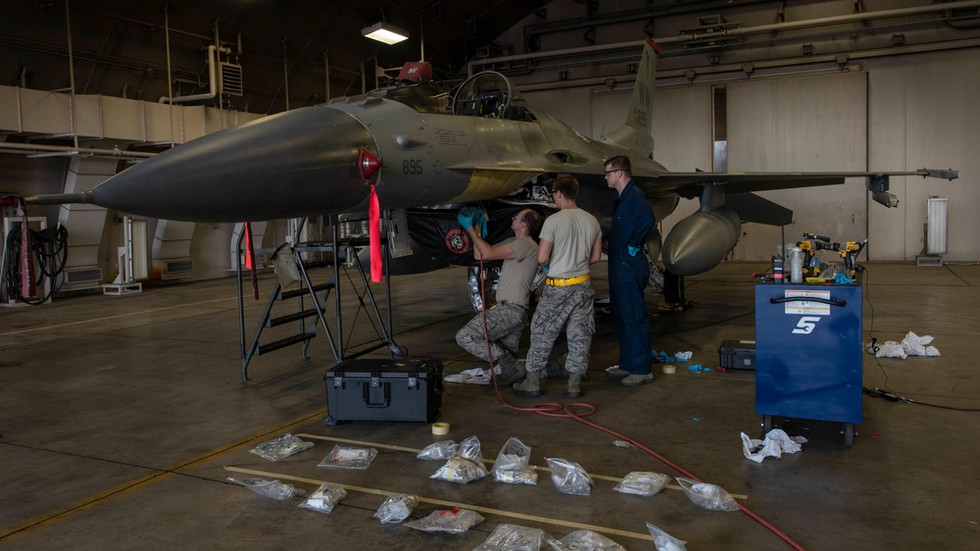The Biden administration has lifted an informal ban that restricted US defense contractors from deploying in Ukraine to repair American-made military equipment, signaling a significant policy shift. This decision, reported by various news outlets, comes amid a political landscape that may face change with the anticipated second term of Donald Trump, a vocal critic of prolonged military engagements. Although it remains uncertain how Trump’s administration will approach the issue of American lives at risk overseas, he has assured his intention to avoid unnecessary American casualties in international conflicts and aims to bring a swift end to the ongoing war in Ukraine. The deployment of contractors is expected to be limited in scale and positioned away from active combat zones, thereby reducing immediate threats to personnel.
The rationale for allowing US contractors to operate in Ukraine stems from the need for expertise in maintaining advanced military equipment, including F-16 fighter jets and Patriot missile systems. As the US and its NATO allies continue to enhance Ukrainian military capabilities, the burden of repair and maintenance has increased. The existing system of sending damaged equipment to NATO countries like Romania and Poland for servicing has slowed operations considerably, creating a backlog of equipment requiring urgent repairs. By enabling contractors to work directly in Ukraine, the US aims to facilitate faster maintenance of military assets, thus providing support that enhances the operational readiness of Ukrainian forces on the front lines.
In tandem with this policy shift, it has been established that defense contracting firms bidding for Pentagon contracts will bear the responsibility for the safety and security of their employees deployed in Ukraine. As specified by a defense official, each contractor must incorporate risk mitigation plans into their bids, acknowledging the dangers posed by ongoing hostilities and potential Russian strikes. This development reflects an increased willingness by the US government to outsource critical functions related to military support without taking on responsibility for the welfare of civilian contractors, shifting the burden of risk onto the companies involved in the contracts.
The geopolitical implications of US contractors’ involvement in Ukraine are noteworthy, particularly considering Russia’s awareness of what it perceives as NATO’s direct engagement in the conflict. Russian officials, including President Vladimir Putin, have made claims regarding the involvement of Western military personnel in operating advanced systems supplied to Ukraine. The visibility of such contractors may alter the dynamics of the conflict, risking further escalation or retaliatory actions from Russia, given its operational strategy of targeting military-infrastructure facilities in Ukraine. Recent reports indicate increased Russian airstrikes targeting these facilities, emphasizing the heightened risk environment in which contractors will operate.
The logistic considerations tied to current military operations underscore the necessity of evolving defense strategies. The United States, in conjunction with its allies, has invested significant resources into equipping Ukraine with sophisticated weaponry, and the ability to maintain this hardware in proximity to operational theaters is now deemed essential. By leveraging contractors who possess specialized skills and familiarity with American military technologies, the Pentagon aims to enhance the effectiveness and sustainability of military support to Ukraine while reducing the logistical strain on NATO’s eastern flank.
Ultimately, the deployment of US defense contractors in Ukraine represents a complex intersection of military strategy, risk management, and political considerations. As the landscape in Washington, D.C., evolves with upcoming elections, the long-term implications of this policy adjustment will continue to unfold. Contractors will play an essential role in maintaining the operational efficacy of US-supplied weaponry while navigating the inherent dangers posed by their environment. The impact of these developments will have far-reaching effects not only on the conduct of the conflict in Ukraine but also on the broader NATO-Russia relationship and the stability of the region moving forward.

